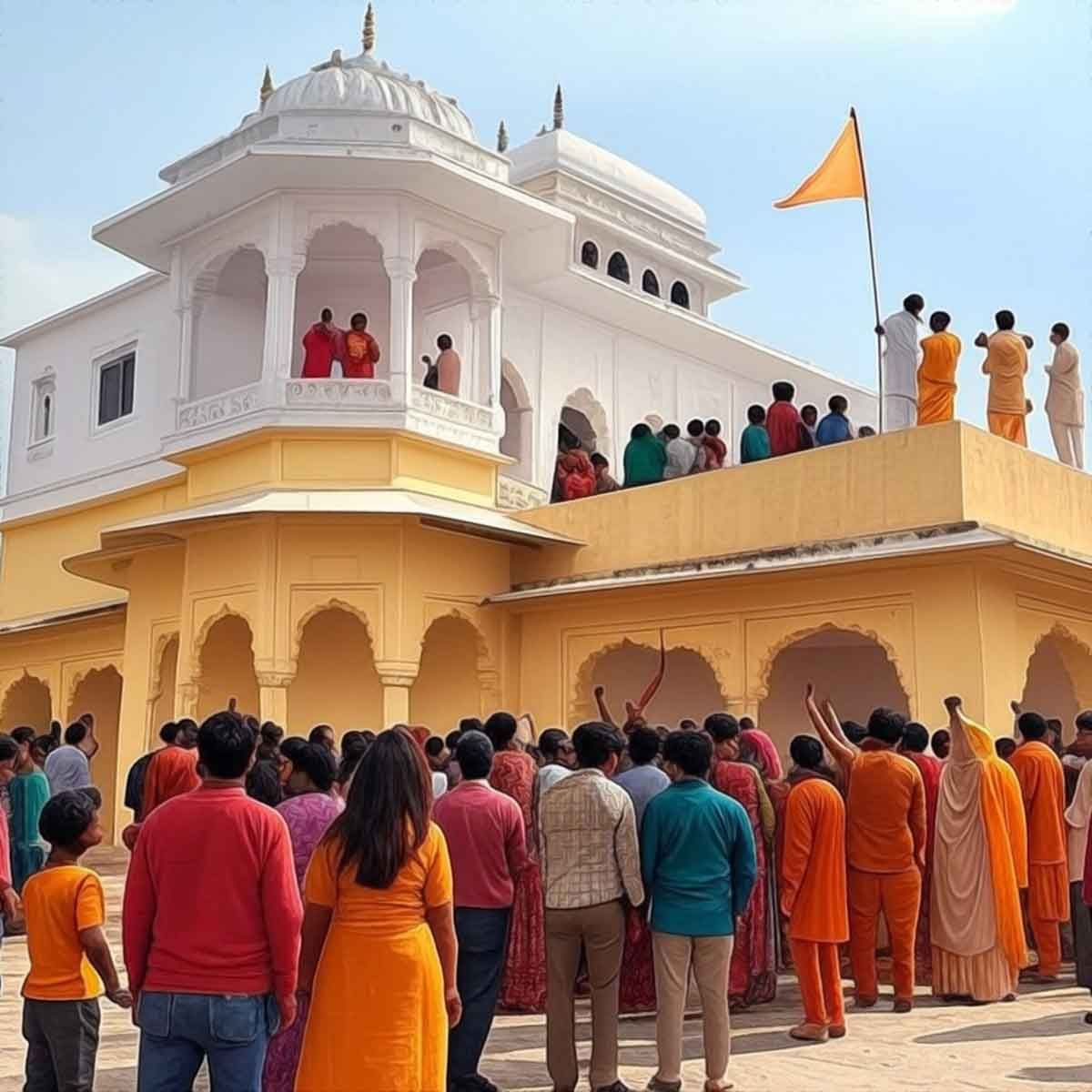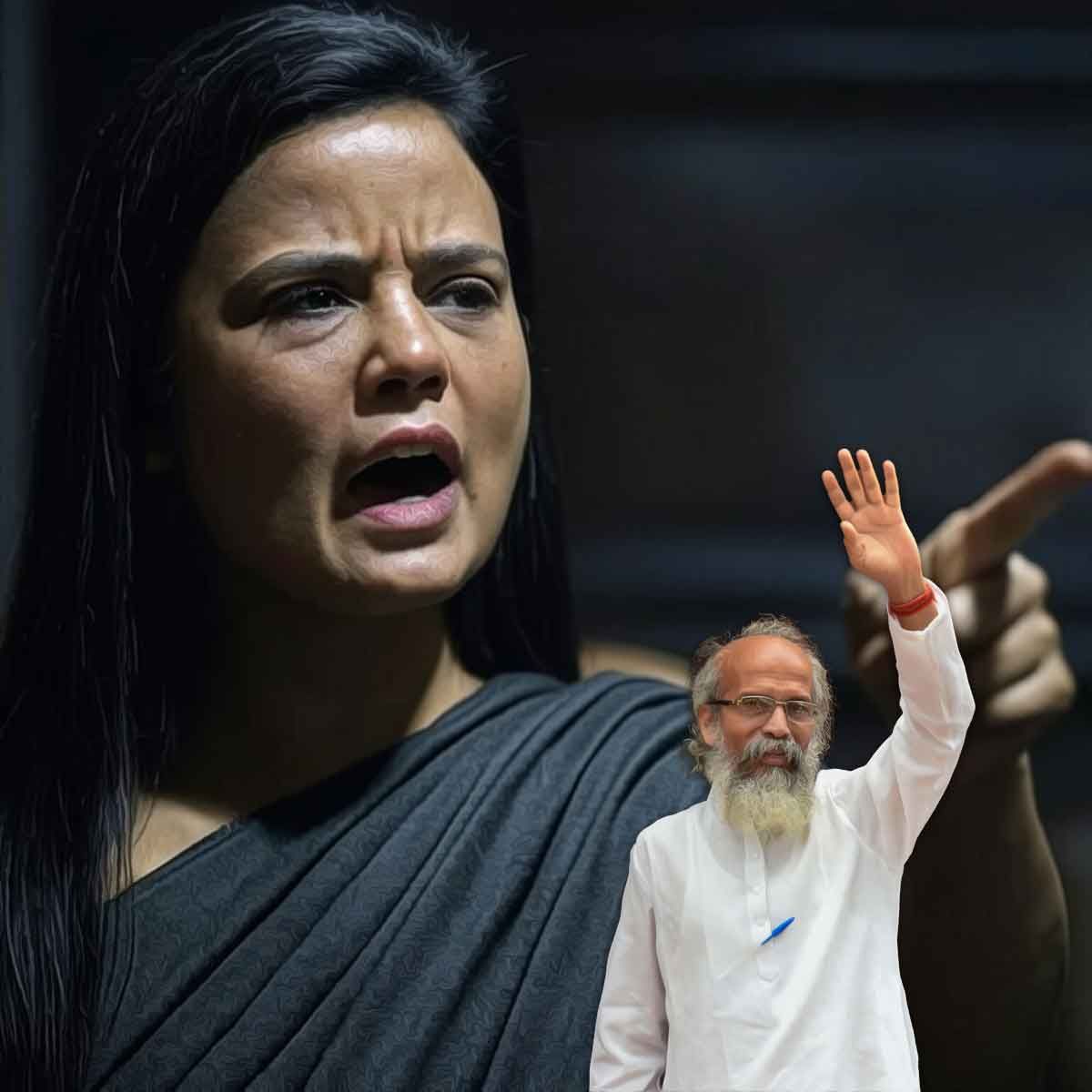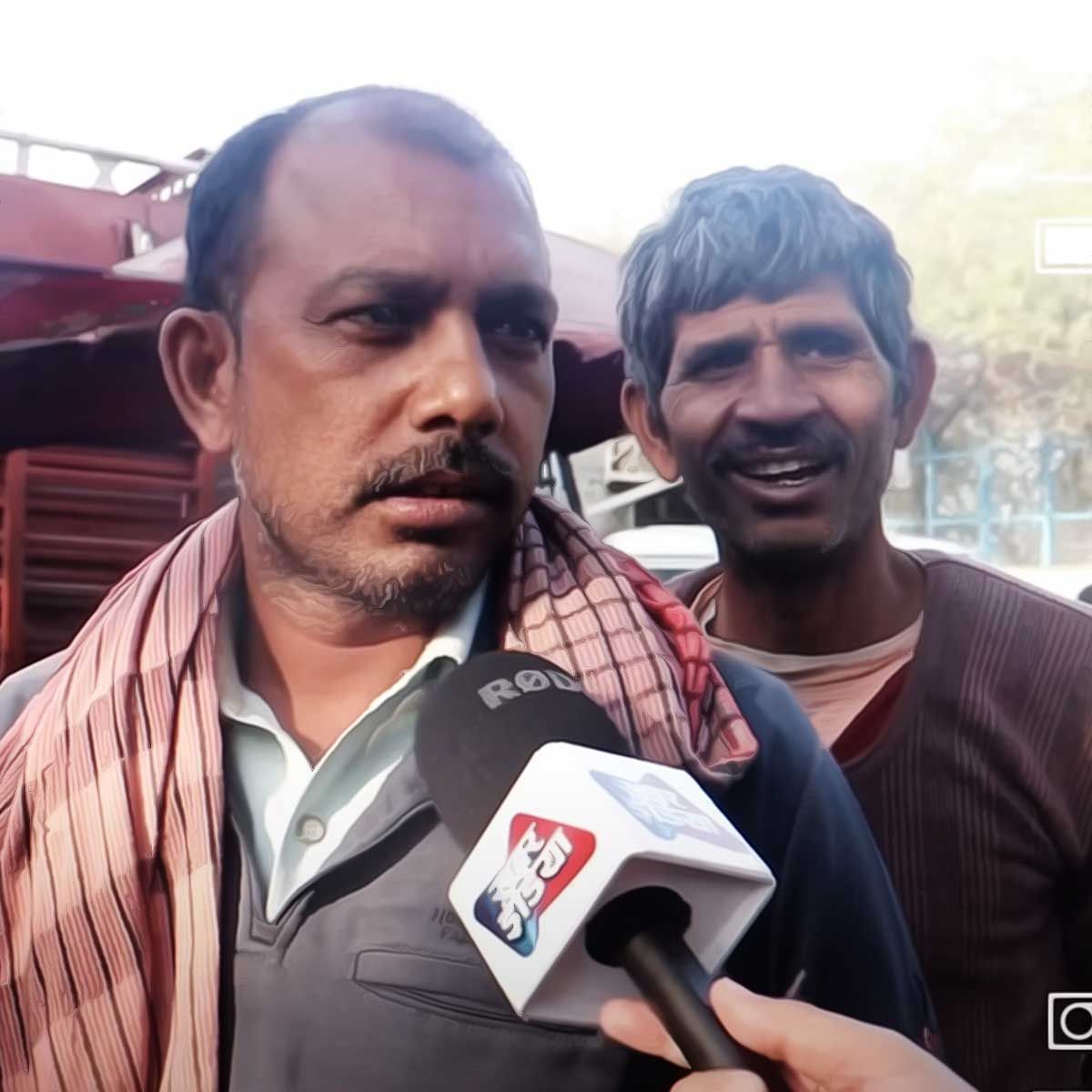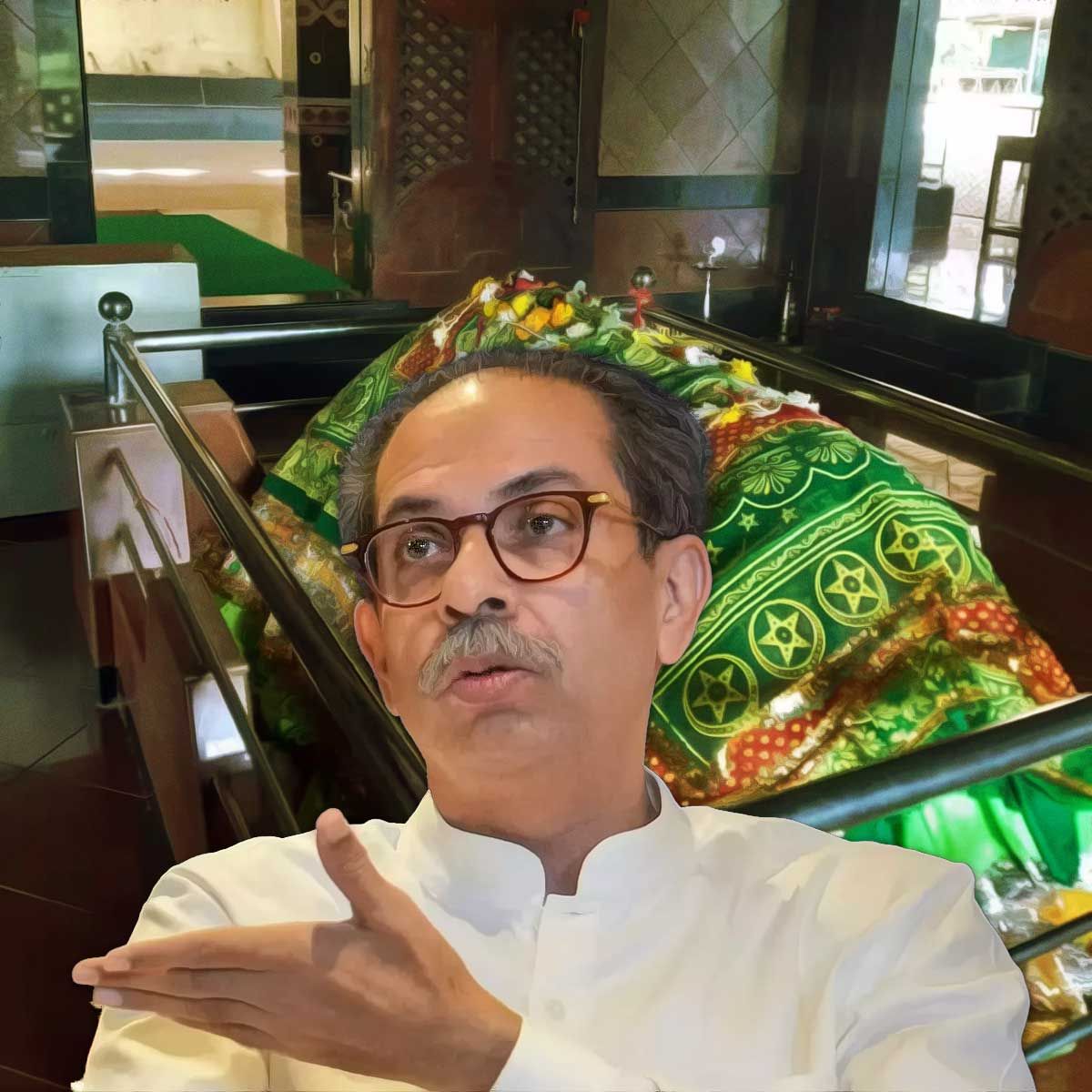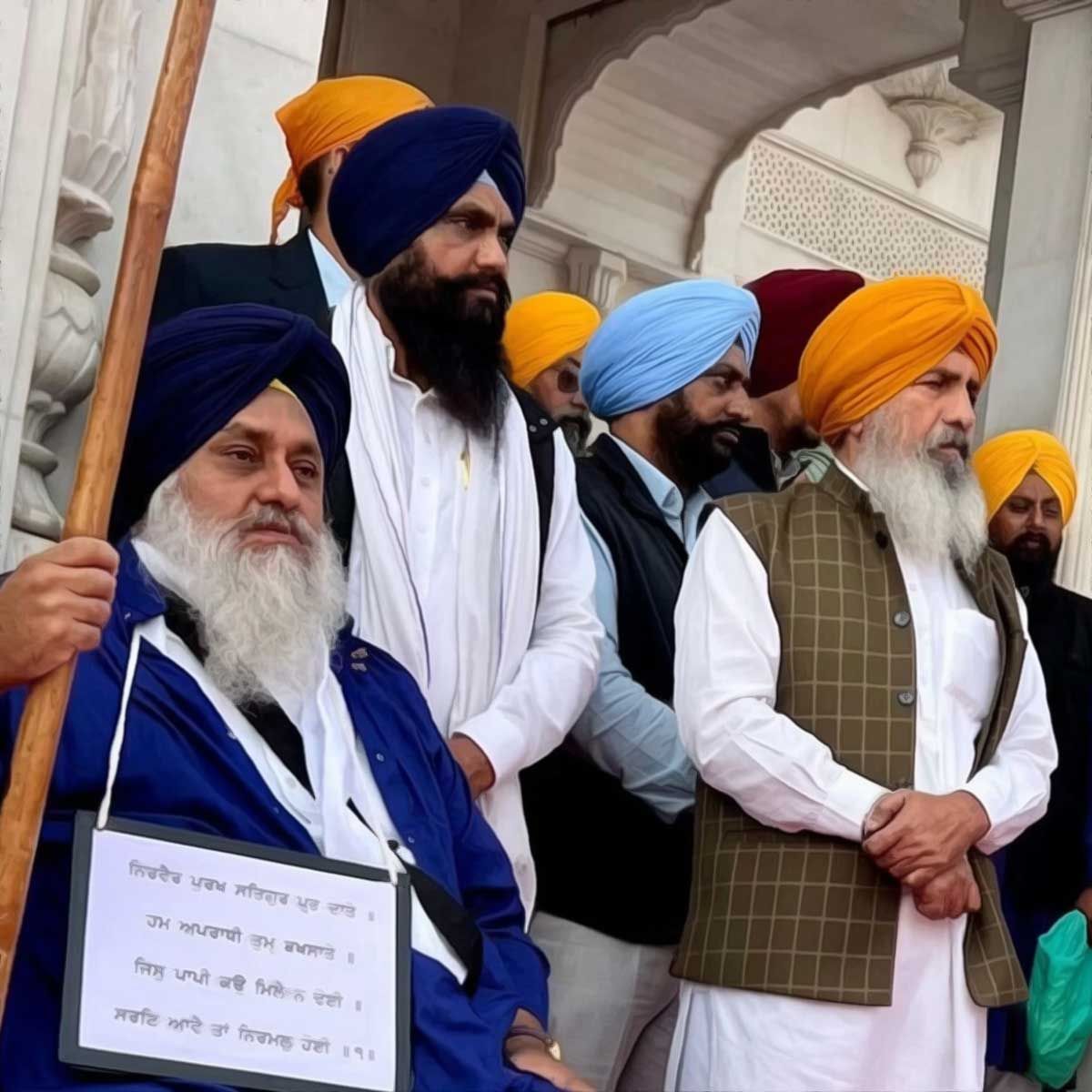More Coverage
Twitter Coverage
JOIN SATYAAGRAH SOCIAL MEDIA
"Blur lines between religious tradition and property law, a riveting legal drama indeed": Supreme Court rejects appeal in Salem Muslim Burial Ground Protection Committee v. State of Tamil Nadu, "Mere notification not enough to declare wakf property"

The Supreme Court of India, in a recent judgement, shed light on a critical aspect concerning the legal status of wakf property - a property dedicated for religious or charitable purposes in Islamic law. In the case under scrutiny, the Supreme Court dismissed an appeal that sought recognition of a particular land as wakf property. The ruling underlined the vital prerequisite of conducting a survey under Section 4 of the Wakf Act, 1954, before declaring any property as a wakf. The bench, comprising Justice Pankaj Mithal and Justice V. Ramasubramanian, emphasized that without such a survey, even if a notification under Section 5 of the Act is issued, it would not validate the land as a wakf.
|
Let's delve deeper into the facts of this case to understand the court's verdict and its implications. The appeal was initiated by the Salim Muslim Burial Ground Protection Committee against a judgement by a Division bench of the Madras High Court. The Division bench had overturned an order of a single judge who had declared the land in question - referred to as the "suit land" - as wakf property.
Historical records revealed that the suit land was once utilized as a burial ground, or 'paramboke'. However, the local municipality, citing health reasons, ordered its closure in or around 1867. As a replacement, an alternative location was assigned for burial purposes. The respondents in this case claimed that they had been residing on this suit land for an indefinite period, claiming rights acquired through their forefathers.
Moving to 1975, the Director of Survey and Settlement initiated proceedings under Section 19A of the Abolition Act. The proceedings led to the conclusion that the claimants had legitimately purchased the suit land from individuals who had occupied it for a substantial time. Moreover, the proceedings determined that the land was not essential for burial activities. Discontented with this decision, the appellant Committee requested a revision before the Commissioner of Land Revenue, Madras, which got dismissed in 1976.
In 1990, a significant event occurred. The Revenue Department issued a Government Order (G.O) that confirmed and accepted the Director of Survey and Settlement's decision. This order effectively allowed the respondents to continue possessing the suit land. Dissatisfied, the appellant Committee launched a writ petition in the High Court to challenge the Government order issued by the Revenue Department.
The appellant Committee argued that the Commissioner of Land Revenue had dismissed the revision against the order of the Director of Survey and Settlement without providing a fair opportunity for hearing. Despite these contentions, the writ petitions were dismissed, prompting the appellant Committee to file writ appeals.
In 1999, the appeal was permitted, and the case was sent back to the Government for a rehearing and reevaluation, with a stipulation to complete the process within three months. Following these directions, the matter underwent reconsideration at the Government level. Subsequently, a G.O was released, noting that since the suit land belonged to the Government, it was open for the Government to authorize the claimant respondents under Section 19A of the Abolition Act to retain possession.
Unrelenting, the appellant Committee filed a new writ petition in 2000, challenging the recently issued G.O. The writ petition succeeded in 2005 on two main grounds: (i) the suit land had been announced as a wakf property and, therefore, could not be alienated through the use of powers under Section 19A of the Abolition Act, and (ii) even if Section 19A were to be applied, the claimant respondents could not be conferred any rights without evidence showing they had been put in possession by the landholders.
This judgment aggrieved the claimant, leading to another appeal. The appeal was approved by the impugned judgement in 2009, overturning the order of the writ court. The judgement contended that the suit land was only recorded as a 'rudra bhumi', with no signs of Muslim burial. Consequently, it should not have been considered a wakf property according to the order of the Director of Survey and Settlement. Additionally, the judgement deemed the 1959 notification declaring the “suit land” as a wakf unacceptable.
In essence, this case served to clarify the critical prerequisites and the specific process that must be followed to declare a property as a wakf. It underscores the significance of conducting a thorough survey and obtaining concrete evidence before any land can be legally recognized as a wakf property, thus reinforcing the objective and spirit of the Wakf Act, 1954. This judgement also reflects the court's commitment to ensuring procedural fairness and respect for property rights in line with the rule of law.
|
A Detailed Examination of the Case: Salem Muslim Burial Ground Protection Committee v. State of Tamil Nadu
The case of the Salem Muslim Burial Ground Protection Committee v. State of Tamil Nadu puts in the spotlight the complexities of law, religion, and land ownership, and particularly the legal provisions of the Wakf Act, 1954. This act oversees the administration and control of properties in India given in the name of Allah for religious or charitable purposes. This critical examination dissects the Supreme Court's interpretation and application of the Act in this controversial case.
The Salem Muslim Burial Ground Protection Committee filed an appeal against the Division Bench of the Madras High Court's judgment that dismissed the single judge's ruling declaring a disputed land as wakf property. The contention was around a piece of land initially used as a burial ground but closed by municipality orders around 1867 for health reasons, and an alternate site was allocated for burial purposes. The respondents alleged that they are the rightful settlers on the disputed land, inheriting it from their predecessors.
In a detailed dissection of the law and facts of the case, the Court first examined the fundamental principle that "once a wakf is always a wakf." The Court clarified that a wakf comes into existence through the express dedication of property for religious or charitable purposes recognized by Muslim Law. Once this dedication occurs, the property is divested from the wakif (the person creating or dedicating it) and vests in God. Consequently, the wakf's property is unalienable and can't be sold or transferred for private purposes.
A pivotal point in the Supreme Court's judgement was that no evidence proved any express dedication of the disputed land for any pious, religious or charitable purpose by anyone professing Islam. Thus, the Court opined that a wakf by dedication of the disputed land was ruled out. The Court went further to establish that the disputed land, despite being recorded as a burial ground or "kabristan," was not sufficient evidence to prove a wakf by the user, especially as it could not be established that the land was used for this purpose prior to 1900 or 1867.
The Court also explored the appellant's argument that the disputed land was declared a wakf property via a notification in 1959. The Court explained that this declaration must conform with either the Wakf Act, 1954, or the Wakf Act, 1995. Both Acts require a preliminary survey of wakfs, an inquiry report to the State Government, a second survey, a report to the Wakf Board, and then the publication of the wakf list in the official Gazette. The Court held that conducting these surveys before declaring a property a wakf property is a "sine qua non" (essential condition).
In this case, the Court found no evidence or material indicating that any procedure or survey was conducted per Section 4 of the Act before issuing the 1959 notification under Section 5 of the Wakf Act, 1954. As such, the 1959 notification couldn't be considered conclusive proof that the disputed land is a wakf property.
Lastly, the Court rejected the appellant committee's argument that the High Court, when hearing the writ appeal, only had the authority to either allow or dismiss the writ petition but not issue any direction to the Government to consider claims under Section 19A of the Abolition Act. The Court observed that the appellant Committee had accepted the High Court's decision by participating in the subsequent proceedings without raising any objections.
In conclusion, the Court, after considering the facts, evidence and legal provisions of the case, dismissed the appeal, ruling that the disputed land was neither proved to be a wakf land by long usage nor by the 1959 notification declaring it as a wakf property. The Court held that the appeal lacked merit and dismissed it with no order as to costs.
The Salem Muslim Burial Ground Protection Committee v. State of Tamil Nadu case is a notable example of how the Indian judiciary system grapples with intricate issues of land ownership, religious law, and statutory legislation. It underscores the necessity of rigorous procedure and evidentiary requirements in determining the nature and status of properties under the ambit of the Wakf Act.
Appearances:June Chaudhari for the appellant and Narendra Kumar and. N.S. Nappinai counsel for the respondents.
 Support Us
Support Us
Satyagraha was born from the heart of our land, with an undying aim to unveil the true essence of Bharat. It seeks to illuminate the hidden tales of our valiant freedom fighters and the rich chronicles that haven't yet sung their complete melody in the mainstream.
While platforms like NDTV and 'The Wire' effortlessly garner funds under the banner of safeguarding democracy, we at Satyagraha walk a different path. Our strength and resonance come from you. In this journey to weave a stronger Bharat, every little contribution amplifies our voice. Let's come together, contribute as you can, and champion the true spirit of our nation.
 |  |  |
| ICICI Bank of Satyaagrah | Razorpay Bank of Satyaagrah | PayPal Bank of Satyaagrah - For International Payments |
If all above doesn't work, then try the LINK below:
Please share the article on other platforms
DISCLAIMER: The author is solely responsible for the views expressed in this article. The author carries the responsibility for citing and/or licensing of images utilized within the text. The website also frequently uses non-commercial images for representational purposes only in line with the article. We are not responsible for the authenticity of such images. If some images have a copyright issue, we request the person/entity to contact us at This email address is being protected from spambots. You need JavaScript enabled to view it. and we will take the necessary actions to resolve the issue.
Related Articles
- "We must distinguish between speaking to deceive and being silent to be reserved": After Delhi and Allahabad, Madhya Pradesh High Court also admitted PIL challenging the constitutional validity of the Waqf Act, enacted by Congress Govt in 1995
- Order of Gujarat State Waqf Tribunal which halted the construction of a railway track near 'Firoz Saheb ni dargah' is set aside by Gujarat High Court
- "Waqf Act is against secularism, unity, and integrity of the nation; Waqf is not mentioned anywhere in the Constitution" says Ashwini Upadhyay: Filed PIL in Delhi HC challenging provisions of Waqf Act
- "Spirit of truth and the spirit of freedom-they are the pillars of society": Social media today has become a powerful medium for exchange of views, expressing opinions and thus has become important pillars on which our democracy stands: Bombay High Court
- Madras High Court: Do not take decision on melting Temple gold till Trustees are appointed
- Rampur’s royal family finally repossess waqf properties ‘encroached’ by imprisoned Samajwadi Party MP Azam Khan after a thorough investigation by the Uttar Pradesh Shia Central Waqf Board
- “Talking about justice, doing injustice is indeed unfair conduct and hypocrisy”: HC grants divorce citing cruelty by wife who taunted polio-stricken husband's disability, snatched his crutches, manhandled & threw him around, orders man to pay 25L alimony
- Madras High Court noted that 'tolerance is the hallmark of Hinduism, devotees could not be denied their right to worship at any cost': directed authorities to allow chanting prayers at Sri Varadaraja Perumal Temple
- "Critical Hour Approaches": BJP Rajya Sabha MP Harnath Singh Yadav has proposed a bill to repeal the Waqf Act of 1995 brought in by Congress, the introduction of the bill was approved after 53 members voted in favour while 32 opposed the move
- "कृष्णलला हम आयेंगे": Allahabad High Court delivers a historic verdict favoring Hindu devotees in the Krishna Janmabhoomi case, dismissing the Muslim side’s plea and affirming the legal standing of Hindu claims under key acts, marking a judicial milestone









